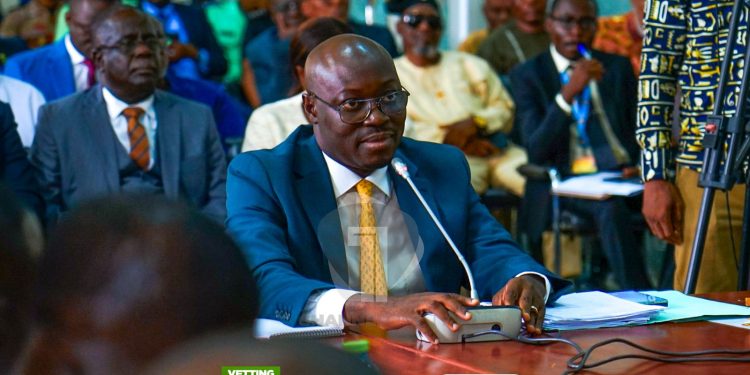India has recorded its sharpest rise in daily cases of Covid-19 yet, according to the health ministry.
A further 3,900 fresh infections were reported in the last 24 hours, bringing the total to 46,433.
The uptick in numbers follows an increase in testing, with more than 80,000 carried out on Monday.
The rise also comes as India moves to ease the lockdown, begun on 24 March to help curb the spread of the virus, in some parts of the country.
This has seen the opening of standalone shops, the re-opening of workplaces with reduced staffing, and the plying of private vehicles in some areas. Public transport remains closed.
None of the new guidelines on relaxation apply to areas with high levels of infection that have been designated as containment zones.
India, the world’s second-most populous country, still has relatively few cases, suggesting the government’s lockdown strategy has been a success.
However, experts have warned that easing the lockdown too early could result in India losing much or all of the gains it made during the lockdown.
In fact, Dr Randeep Guleria, director of the All India Institute of Medical Sciences (AIIMS), told The Indian Express newspaper that he was concerned about the fact that “the curve has not shown a downward trend”.
“While the lockdown has helped in flattening the curve, the curve has not shown a downward trend. That is a cause for concern. That’s why the next four to six weeks will be very, very important because the lockdown cannot be there forever,” the newspaper quoted him as saying in an interview.
However, with the economy in distress and millions with no source of income, many feel the country has had little choice but to start opening up again.
A report by Japanese securities firm Nomura said “policies will need to be nimble because infection rates could resurge” with the relaxation of the lockdown.
As in other countries, testing will be vital to curbing the spread. India, which had one of the lowest testing rates in the world, has made efforts to increase its testing capacity. Health officials hope to soon begin testing around 100,000 samples a day.
























































![[FREE FREE MONEY] Predict and Win a Guaranteed GH¢200 From Us EVERY WEEK](https://wordpress.ghanatalksradio.com/wp-content/uploads/2022/02/Predict-and-Win-Final-09-03-2021-218x150.jpg)
![[Predict & Win – 8th/Oct.] WIN A Guaranteed ¢200 From Us This Week](https://wordpress.ghanatalksradio.com/wp-content/uploads/2021/10/maxresdefault-16-218x150.jpg)
![[Predict & Win – 2nd] WIN A Guaranteed ¢200 From Us This Week](https://wordpress.ghanatalksradio.com/wp-content/uploads/2021/09/maxresdefault-50-218x150.jpg)
![[Predict & Win – 25th] WIN A Guaranteed ¢200 From Us This Week](https://wordpress.ghanatalksradio.com/wp-content/uploads/2021/09/maxresdefault-36-218x150.jpg)
![[Predict & Win – 18th] WIN A Guaranteed ¢200 From Us This Week](https://wordpress.ghanatalksradio.com/wp-content/uploads/2021/09/maxresdefault-23-218x150.jpg)










![[National cathedral] See full list of churches that have contributed since 2018](https://wordpress.ghanatalksradio.com/wp-content/uploads/2020/09/Ghana-National-Cathedral-GhanaTalksRadio-100x70.jpg)



